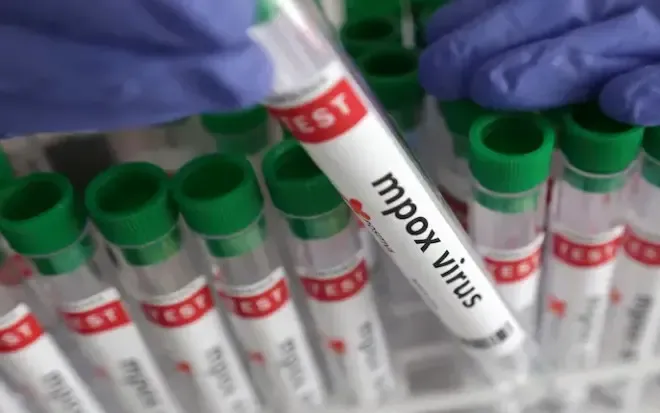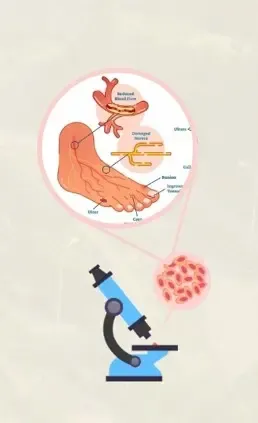Has the WHO Declared Mpox No Longer a Global Health Emergency?

Synopsis
Key Takeaways
- WHO declares mpox no longer a PHEIC.
- Significant decline in cases reported in affected countries.
- Continued vigilance necessary to prevent outbreaks.
- Ongoing efforts needed to protect vulnerable populations.
- Mpox remains a concern despite lifted emergency status.
Geneva, Sep 6 (NationPress) The World Health Organization (WHO) has announced that the spread of mpox (monkeypox) in Africa is no longer deemed a Public Health Emergency of International Concern (PHEIC).
According to reports from Xinhua news agency, WHO's Emergency Committee has convened every three months to assess the mpox outbreak.
"Yesterday, they convened once more and advised me that, in their perspective, the situation no longer signifies an international health emergency. I have accepted this recommendation," stated WHO Director-General Tedros Adhanom Ghebreyesus during a media briefing on Friday.
He elaborated, "This decision is rooted in the sustained decline in cases and fatalities in the Congo, along with other impacted nations such as Burundi, Sierra Leone, and Uganda."
Furthermore, he mentioned, "We now possess a better comprehension of the factors driving transmission, the risk factors for severity, and the most affected countries have established a robust response capacity."
However, the WHO cautioned that the cessation of the emergency declaration does not imply that the threat has vanished, nor does it mean that our response will cease. We acknowledge the Africa CDC's recent decision that mpox remains a continental emergency.
There exists a potential for ongoing flare-ups and new outbreaks, necessitating stringent surveillance and response capability.
Continuous efforts are essential to safeguard the most vulnerable populations, particularly young children and individuals living with HIV.
Mpox is categorized as a viral zoonotic disease.
Initial symptoms of human infection encompass fever, headache, muscle aches, back pain, and swollen lymph nodes, which can subsequently lead to extensive rashes on the face and body.
While most infected individuals recover within a few weeks, some may encounter severe illness or even mortality.
Since May 2022, over 100 countries and regions across the globe have reported mpox cases.
The Africa Centres for Disease Control and Prevention (Africa CDC) stated on Thursday that mpox continues to pose a continental public health emergency, following a consultative group’s findings of new surges in various African countries.
In a statement, the Africa CDC indicated that the consultative group's review of the mpox situation revealed surges in Ghana, Liberia, Kenya, Zambia, and Tanzania, despite a 52 percent decline in weekly confirmed cases.
Last August, the WHO formally declared that the mpox outbreak beyond the traditionally endemic regions in Africa had escalated into a PHEIC, marking the highest alert level that the global health authority can issue.









